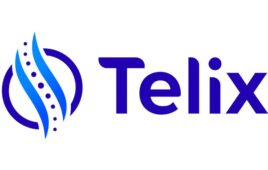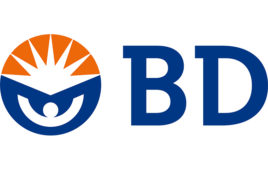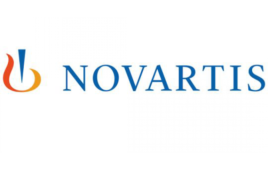DAN SEWELL AP Business Writer CINCINNATI (AP) — Procter & Gamble Co. is betting that its osteoporosis drug will help reduce bone fractures in a new deal with a Midwest insurer. The marketers of Actonel will reimburse Health Alliance Medical Plans for the medical costs of some fractures incurred by women who have been taking the prescription drug. The deal announced Tuesday involves the insurer’s clients in Illinois and Iowa. P&G officials said the agreement underlines confidence in Actonel’s effectiveness in preventing osteoporosis-related fractures for post-menopausal women. They would, for example, pay back the average cost of a hip fracture of $30,000 with rebates and discounts. “That shows we stand behind our product,” said Dan Hecht, general manager for P&G Pharmaceuticals. “I think it’s a very dramatic statement.” Health Alliance, based in Urbana, Ill., said the program will help outcomes and costs for its customers. It plans to pass on some rebates through the program by reimbursing customers for their co-pays on everything from the prescriptions to hospital stays, spokeswoman Penny Ransom said. The deal includes the Cincinnati-based consumer products maker’s Actonel partner — French drugmaker Sanofi-Aventis — and covers nonspinal fractures from the bone-weakening disease for Health Alliance customers who have taken Actonel as directed. Hecht said the deal is a pilot for P&G, and could lead to agreements with other commercial plans and eventually, offering a program to Medicare. He said the program isn’t unique in the health industry, but believes it’s the first of its kind in osteoporosis treatment. Such drug-use incentives sometimes raise concerns, but Ransom said some 70 percent of osteoporosis prescriptions in Health Alliance’s managed care are already for Actonel and that physicians’ treatment options aren’t affected by the agreement. Actonel is approaching $2 billion in annual global sales, P&G said. Nearly half of sales are in the U.S, where the aging Baby Boomer population is hitting the age when osteoporosis typically strikes. P&G has said it is moving away from the pharmaceutical business. It has halted new drug development and has considered selling off its prescription drugs while it focuses on building businesses for over-the-counter medicines such as Vicks and Prilosec. “It hasn’t changed our objective to maximize the value of our pharmaceutical business,” Hecht said. “We think programs such as this show that commitment.”




